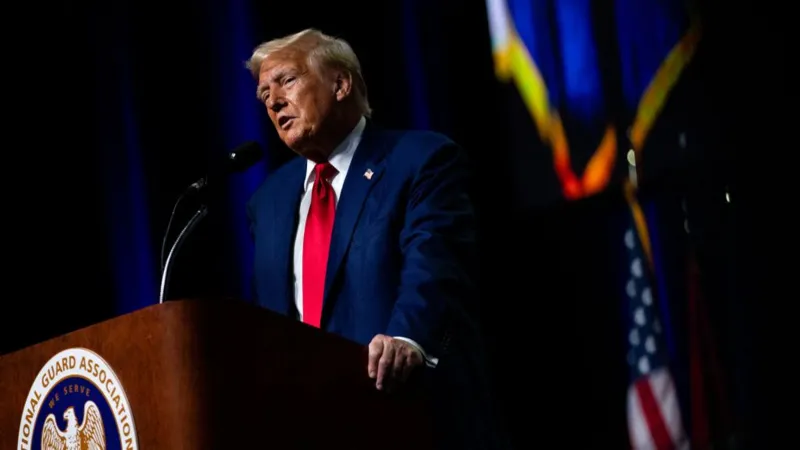They are a reaction to a decision made by the US Supreme Court last month, which stated that presidents are generally immune from criminal prosecution for actions they take while in office.
The four criminal charges against Trump are still listed in the amended indictment, notwithstanding his denials; they now pertain to his candidacy as a political candidate rather than his position as president.
It is doubtful that the case—along with other criminal cases the Republican is facing—will make it to court before this year’s election on November 5.
In addition to rejecting accusations of meddling in the election, Trump has stuck to his unsupported assertion that there was massive voter fraud in the 2020 election.
The amended indictment, filed by Special Counsel Jack Smith of the Department of Justice, only names Trump’s four alleged crimes: conspiracy to defraud the United States, conspiracy to obstruct an official proceeding, attempt to obstruct an official proceeding, and conspiracy against rights.
In the past, Trump has entered not guilty pleas to every accusation.
Todd Blanche, the former president’s personal attorney, forwarded the inquiry to the Trump campaign, which did not reply to a message seeking comment.
In a post on Truth Social, Trump claimed that the new indictment was “an attempt to revive a ‘dead’ Witch Hunt’ and divert the attention of the public.”







